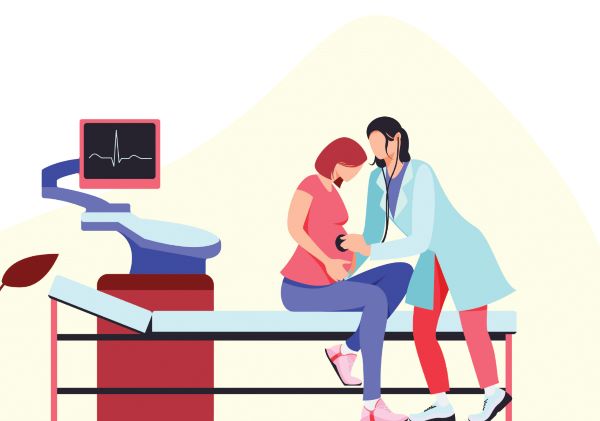
Medicaid and most group health plans will implement updated screening guidelines for diabetes during and after pregnancy, beginning in 2024, thanks to changes recently approved by the federal Health Resources and Services Administration (HRSA).
Additional updates approved by HRSA include changes to HIV screening for adolescents. Per the Affordable Care Act, most group health plans (excluding grandfathered plans and alternative health plans) and Medicaid must follow HRSA guidelines.
The latest round of changes reflects improvements to early detection of diabetes in postpartum women and of HIV in adolescents.
For example, HRSA currently recommends women be screened for diabetes in the first year postpartum. If that initial test is negative, women are to be rescreened at least every three years for a minimum of 10 years. Per the amendments, the rescreening schedule includes women who may not have received their initial postpartum diabetes screening, and women who received a positive test in early postpartum, as the result may not be accurate at that time. The changes also include approval of new testing approaches.
For HIV, the age range recommended for adolescent universal screening for HIV has changed from between the 15-year visit and 18-year visit to now between the 15-year visit and 21-year visit.
“Given sustained high rates of HIV in the United States; missed opportunities for HIV testing; advances in HIV diagnosis and prevention; and epidemiological data around HIV risk behavior and incidence,” the amended Bright Futures Periodicity schedule increases the upper limit age to 21, the Federal Register reads.
These updates will be implemented for health care plans beginning in 2024.
Last Updated On
January 24, 2023
Originally Published On
January 23, 2023